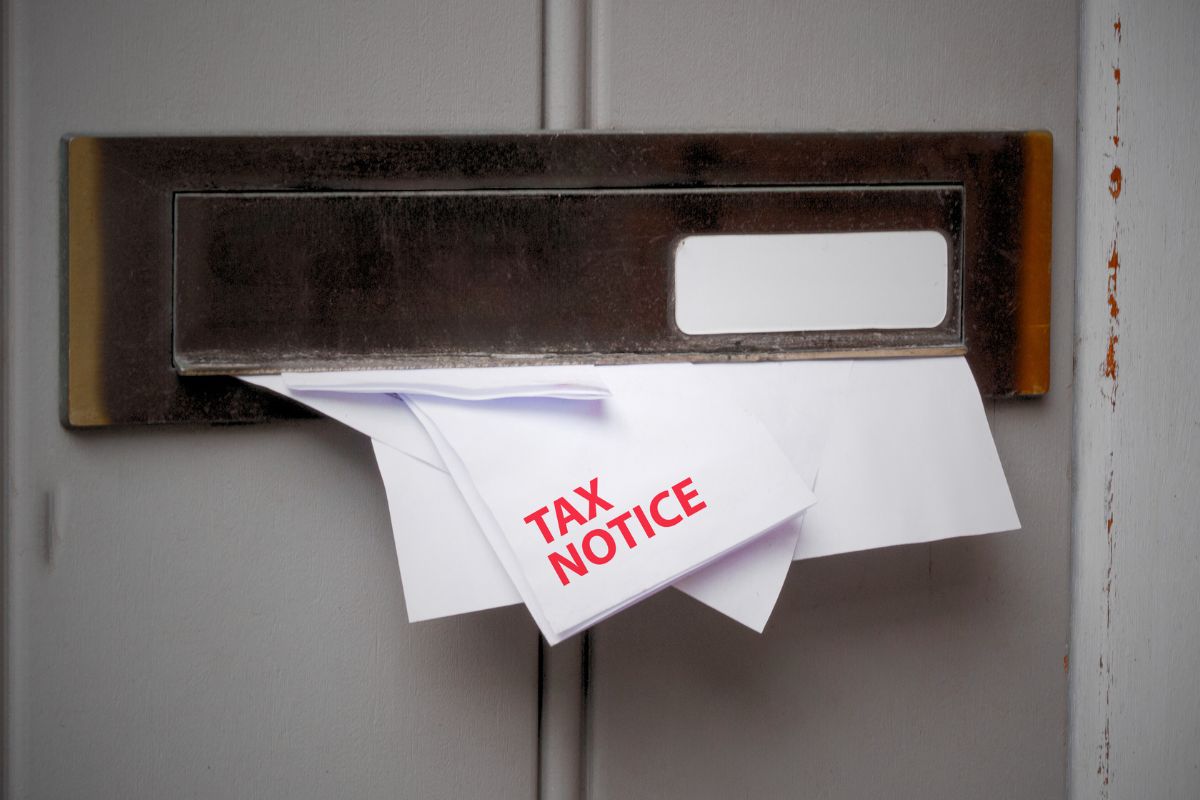It’s Tax Season. And to think you’re not busy enough with running a business, working full time, managing investments — you realise you’ve just made a mistake on your tax claim. It happens. No matter how organised or experienced you are, tax mistakes still slip through. And when they do, they can quickly turn into ATO audit trigger that you aren’t ready for.
Every year, I see it: business owners, professionals, and everyday Australians who think they’ve done everything right, only to get caught by changing rules, out-of-date assumptions, or deductions that quietly dropped off the ATO’s good list.
This year, the ATO has made it clear: they’re zeroing in on six key audit trigger areas. If you’ve got a work-from-home setup, investment property, or a few crypto trades floating around, now’s the time to check your bases.
To help avoid some basic errors, here are six of the most common areas people make tax mistakes on, and how you should handle them to avoid an ATO audit.
1. Work-Related Expenses (A Common Tax Mistake With Audit Trigger Potential)
The ATO estimates a tax cost of over $8 billion in incorrect claims, much of it tied to work-related deductions. To claim these expenses, you must meet all three of the following conditions:
- You spent the money yourself and weren’t reimbursed.
- The expense directly relates to earning your income.
- You have a record to prove it (e.g. receipt, logbook, invoice).
Example:
You bought a new suit for work. It looks sharp and you wear it to meetings — but unless it’s a compulsory uniform (with a logo or specific design), it’s not deductible. The ATO is clear: conventional clothing, even if worn exclusively for work, doesn’t qualify.
2. Working From Home Expenses
One of the fastest-growing tax mistake areas is work-from-home deductions. This year, the fixed rate method increased to 70 cents per hour. It covers:
- Electricity and gas
- Phone and internet
- Stationery and computer consumables
You can’t claim these items separately if you use the fixed rate. But you can still claim:
- Depreciation on office furniture
- New equipment (e.g. monitor, desk, chair)
- Repairs to your home office setup
To use the fixed rate, you must keep detailed records — diary entries, spreadsheets, or timesheets showing hours worked from home. Alternatively, the actual cost method lets you claim the exact portion of expenses attributable to your work. It’s more complex but can be worthwhile if you have high costs or a dedicated home office.
Example:
Harry works from home three days a week. He logs his hours and uses the fixed rate method. He also bought a $1,200 standing desk and a $500 monitor. He claims the 70c/hour rate plus depreciation on the desk and monitor.
His colleague uses the actual cost method, calculating 25% of their electricity and internet bills based on floor space and usage. It takes more effort, but their total claim is higher.
3. Investment/Holiday Home Expenses (Another ATO Audit Trigger)
In 2023, the ATO found errors in 90% of holiday home tax returns it reviewed. These types of tax mistakes are easy to make, especially when you’re mixing personal and rental use.
If your property is used for both, you must:
- Apportion expenses accurately between private and rental use.
- Ensure the property is genuinely available for rent — meaning it’s listed at market rates, advertised during peak periods, and not just “available” when you’re not using it.
- Apply different rules if rented to friends or family at below-market rates.
Example:
You own a holiday home in Lorne. You stay there every January and rent it out the rest of the year. You can only claim expenses for the rental period — not the month you used it privately. If your cousin stays for free in March, that’s also excluded.
The ATO may also question claims if the property is only advertised during off-peak times or at inflated prices that discourage bookings. If it’s not genuinely available for rent, that period doesn’t count.
4. Crypto Gains and Misreporting
Crypto is a rapidly growing area of confusion — and a magnet for audit triggers. The ATO is collecting more data than ever and can now match wallet addresses, transactions, and even overseas exchanges.
If you’ve bought or sold crypto, you need:
- Purchase and sale dates
- Amounts and costs
- Transaction fees
- Records of transfers between wallets
You also need to determine whether you’re a passive investor (capital gains tax applies) or a trader (income tax rules apply).
Example:
You bought Bitcoin for $3,000 and sold it for $5,500. That’s a $2,500 capital gain.
But if you’re trading daily, using bots, and running a crypto business, the ATO may treat it as income — and tax it at your marginal rate.
5. Rental Repairs vs. Capital Improvements
In 2023, the ATO found errors in 90% of holiday home tax returns it reviewed. These types of tax mistakes are easy to make, especially when you’re mixing personal and rental use. If your property is used for both, you must:
- Apportion expenses accurately between private and rental use.
- Ensure the property is genuinely available for rent — meaning it’s listed at market rates, advertised during peak periods, and not just “available” when you’re not using it.
- Apply different rules if rented to friends or family at below-market rates.
Example:
You own a holiday home in Lorne. You stay there every January and rent it out the rest of the year. You can only claim expenses for the rental period — not the month you used it privately. If your cousin stays for free in March, that’s also excluded.
The ATO may also question claims if the property is only advertised during off-peak times or at inflated prices that discourage bookings. If it’s not genuinely available for rent, that period doesn’t count.
6. Car Claims and Logbook Issues (Classic Audit Trigger Territory)
Car claims are often misunderstood — and one of the ATO’s most consistent audit trigger areas.
If you use your car for work (excluding commuting), you can claim expenses using:
Cents per kilometre method:
Up to 5,000 km per year at 85c/km (2024–25 rate). No logbook needed, but you must be able to show how you calculated the distance.
Logbook method:
Track your work-related use for 12 continuous weeks. You can then claim that percentage of all car expenses (fuel, rego, insurance, servicing, depreciation).
Example:
You drive from Ballarat to Melbourne for a client meeting — that’s deductible. But driving to your regular office? That’s commuting and not claimable.
If you use the logbook method and your work use is 40%, you can claim 40% of your total car expenses for the year.
Despite all the rules, understand this — the ATO isn’t out to get you — but they are getting smarter. Data matching, tighter benchmarks, and advanced analytics mean more eyes on more claims, especially in areas like crypto, property, and work-from-home deductions.
It doesn’t matter if you’re a business owner, a professional in a full-time role, or someone with investments and side income; we’re all treated the same by the ATO. They’re watching for patterns. And those patterns often point to honest tax mistakes that quietly became audit triggers.
EOFY is about more than compliance — it’s about clarity, clean records, and avoiding unnecessary stress. So if any of these traps raised a red flag, take it as your nudge to double-check everything. Getting it right now is easier than explaining it later.
EOFY isn’t about getting creative — it’s about staying smart.
If you’re battling to stay on top of the rule changes and tax jargon just to stay tax compliant. you may want to check out our Business Tax Compliance page to help make a bit more sense of it all.
Any advice on this site is general nature only and has not been tailored to your personal objectives, financial situation and needs. Please seek personal advice prior to acting on this information. Any advice on this website has been prepared without taking account of your objectives, financial situation or needs. Because of that, before acting on the advice, you should consider its appropriateness to you, having regard to your objectives, financial situation or needs.


